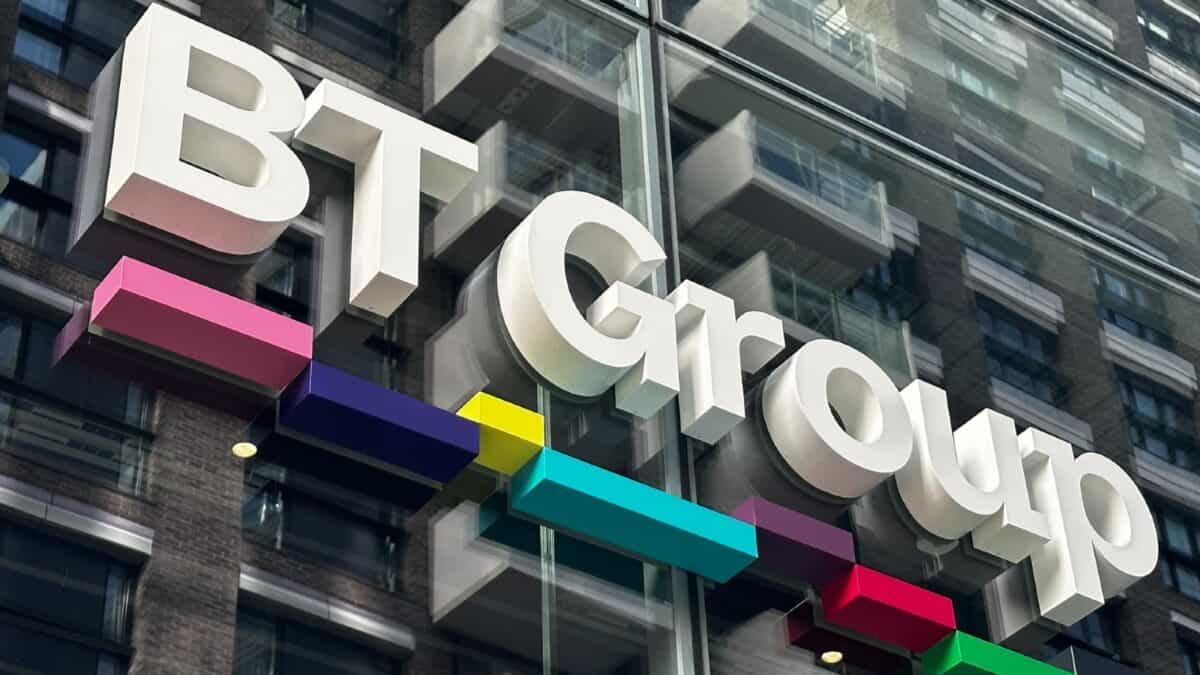BT Group (LSE: BT-A) shares have dismally underperformed the FTSE 100 in recent years.
New boss Allison Kirkby’s under pressure to rescue the group’s reputation as a reliable income stock. She’s already made a good impression on investors, providing clear forecasts and a surprise dividend increase for 2023/24.
If BT’s dividend really can return to sustainable growth, I reckon the stock could regain its crown as a reliable income pick. Is this realistic? I’ve been taking a look at the latest City forecasts to find out more.
Here’s what I think.
BT dividend forecasts 2025-27
Let’s start with a look at the latest broker forecasts for BT:
| Year ending 31 March | Dividend per share | Forecast yield* |
| 2025 | 7.9p | 5.6% |
| 2026 | 8.1p | 5.7% |
| 2027 | 8.3p | 5.9% |
*Based on a share price of 142p
The good news is that the City doesn’t seem to expect BT’s dividend to be cut again. But growth isn’t expected to be very strong either.
Unfortunately, I think there are two good reasons for this cautious view.
Will the fibre rollout pay off?
BT’s working hard to upgrade its UK network from copper telephone wires to modern fibre. This is a big project and progress has been impressive, in my view.
The company says it ran new fibre past a million premises during the three months to 31 March. That’s a record of 78,000 a week. I reckon BT’s rollout will allow it to protect its dominant market share. Naturally, the company hopes that by offering faster internet, it will be able to make sell more expensive services.
Unfortunately, City analysts don’t seem convinced by this argument. Their forecasts suggest the group’s annual turnover will rise by just 0.5% between 2025 and 2027.
Profits are expected to rise by about 4% over the same period. No wonder dividend growth’s expected to be low.
Pension blues
There’s another problem. BT’s giant pension scheme is still sucking huge amounts of cash out of the business. Many FTSE 100 companies have seen their pension deficits disappear as interest rates have risen.
BT’s deficit hasn’t disappeared. In fact, the company’s pension deficit rose from £3.1bn to £4.8bn last year.
Pension accounting’s horribly complex. But as a potential shareholder, all I need to know is that BT’s on the hook for annual cash payments of £780m until 2030 to help reduce its pension deficit.
In addition, the current dividend costs about £800m a year. So that’s £1.6bn of cash flowing out of BT each year on the dividend and pension deficit alone.
BT expects to generate about £1.5bn of spare cash this year, rising to £2bn by 2027 and £3bn by 2030.
Will I buy BT ahead of a recovery?
I admit that things could improve once the fibre rollout is finished. A potential opportunity does seem to be opening up. And with the shares trading on just eight times 2025 forecast earnings, BT doesn’t look expensive to me.
If the group’s turnaround goes better than I expect, buyers today could get cheap stock and a rising income.
However, I’ve heard this song before. I’m not yet convinced BT can fix its pension problems and manage its spending commitments. For this reason, I think there are much better dividend opportunities elsewhere in the FTSE 100 today.








